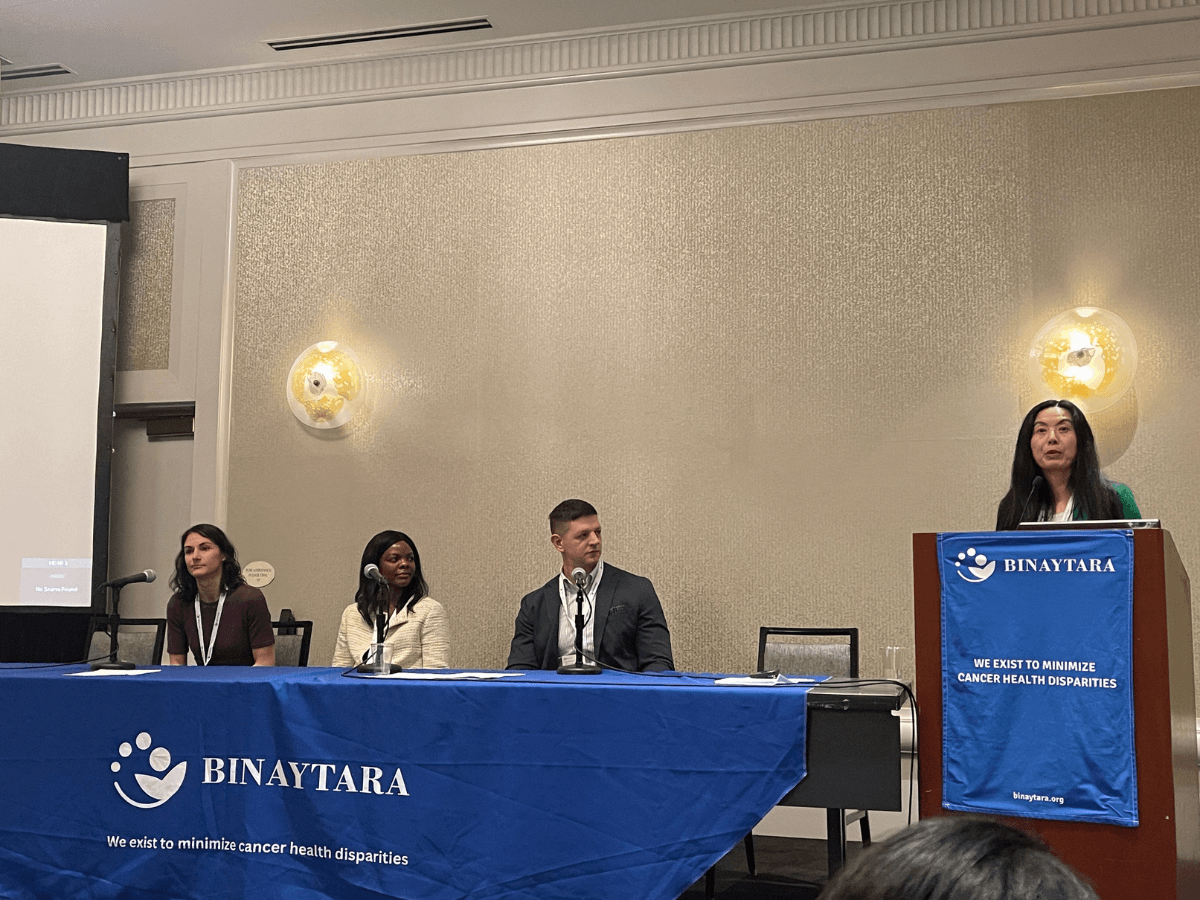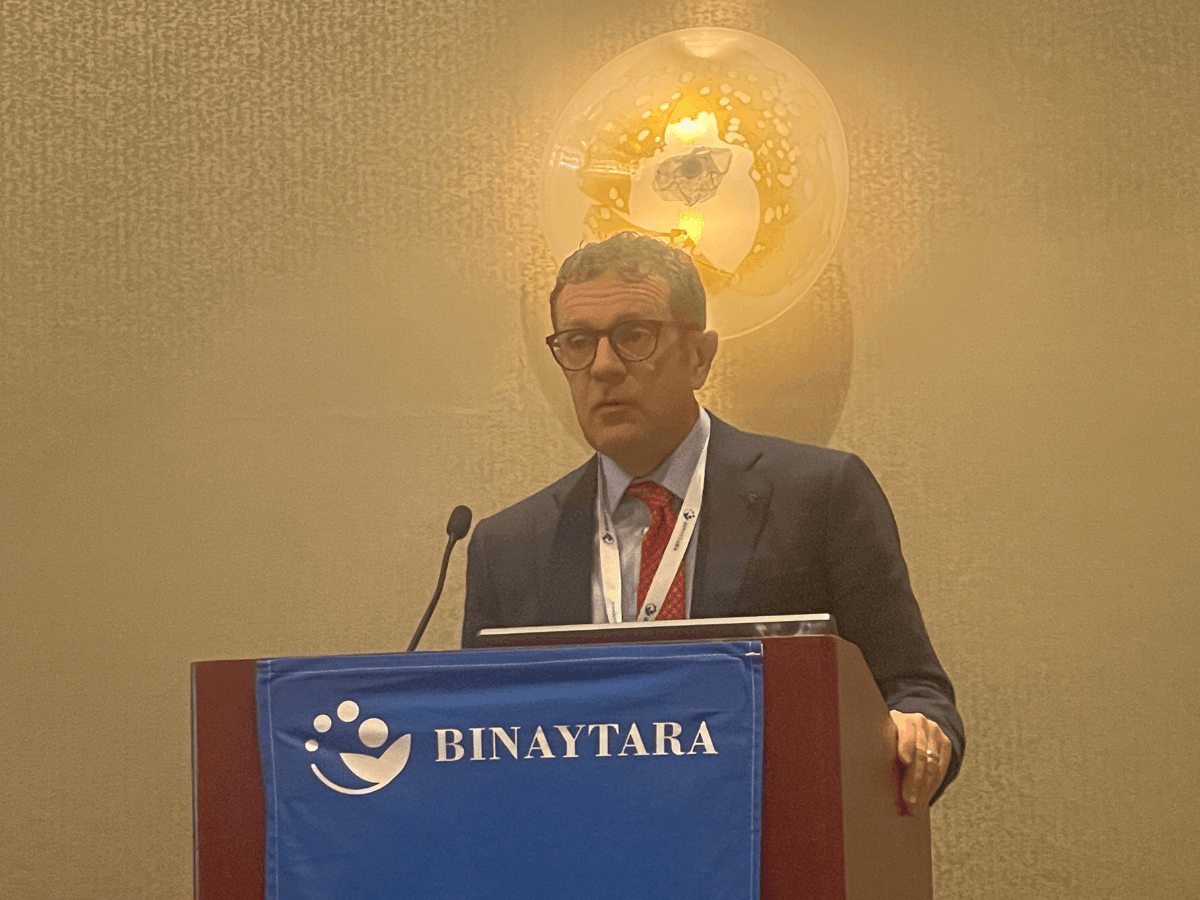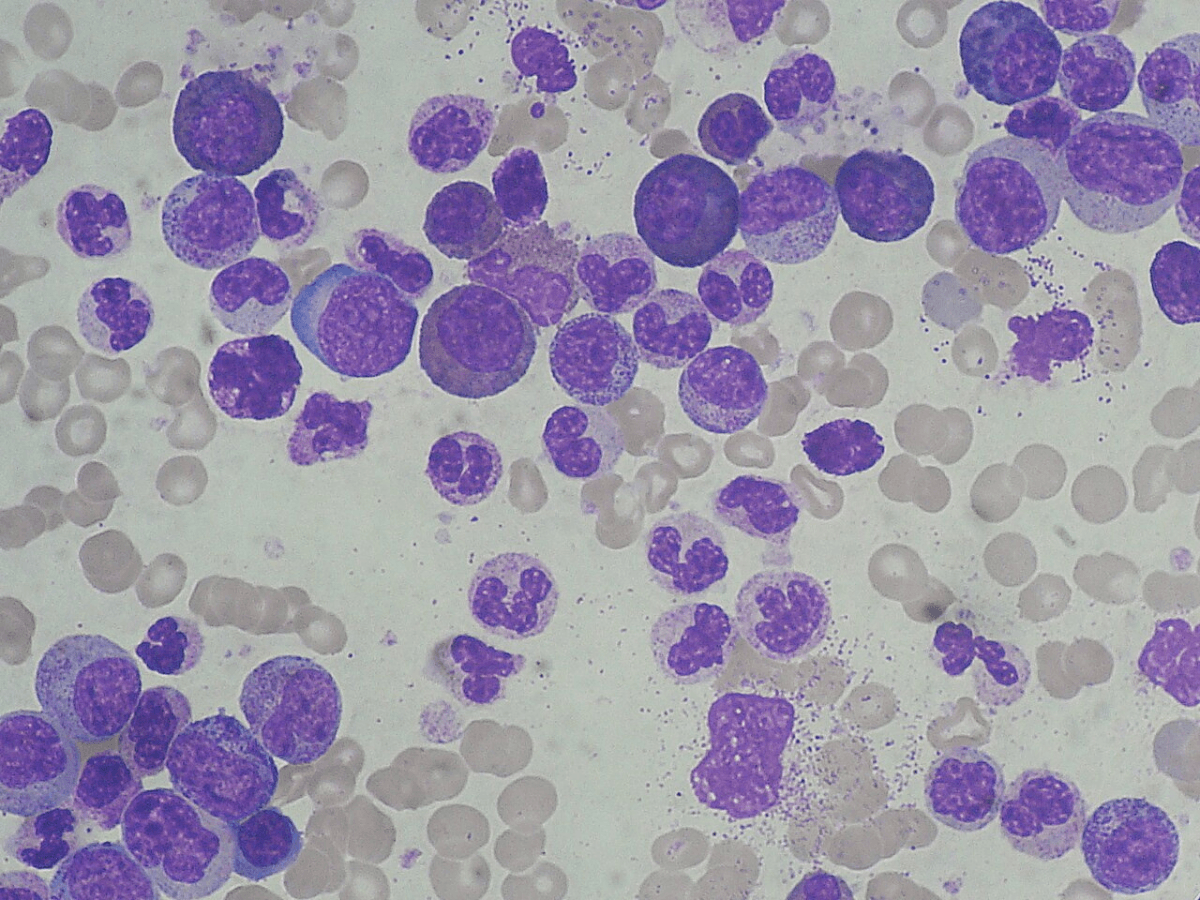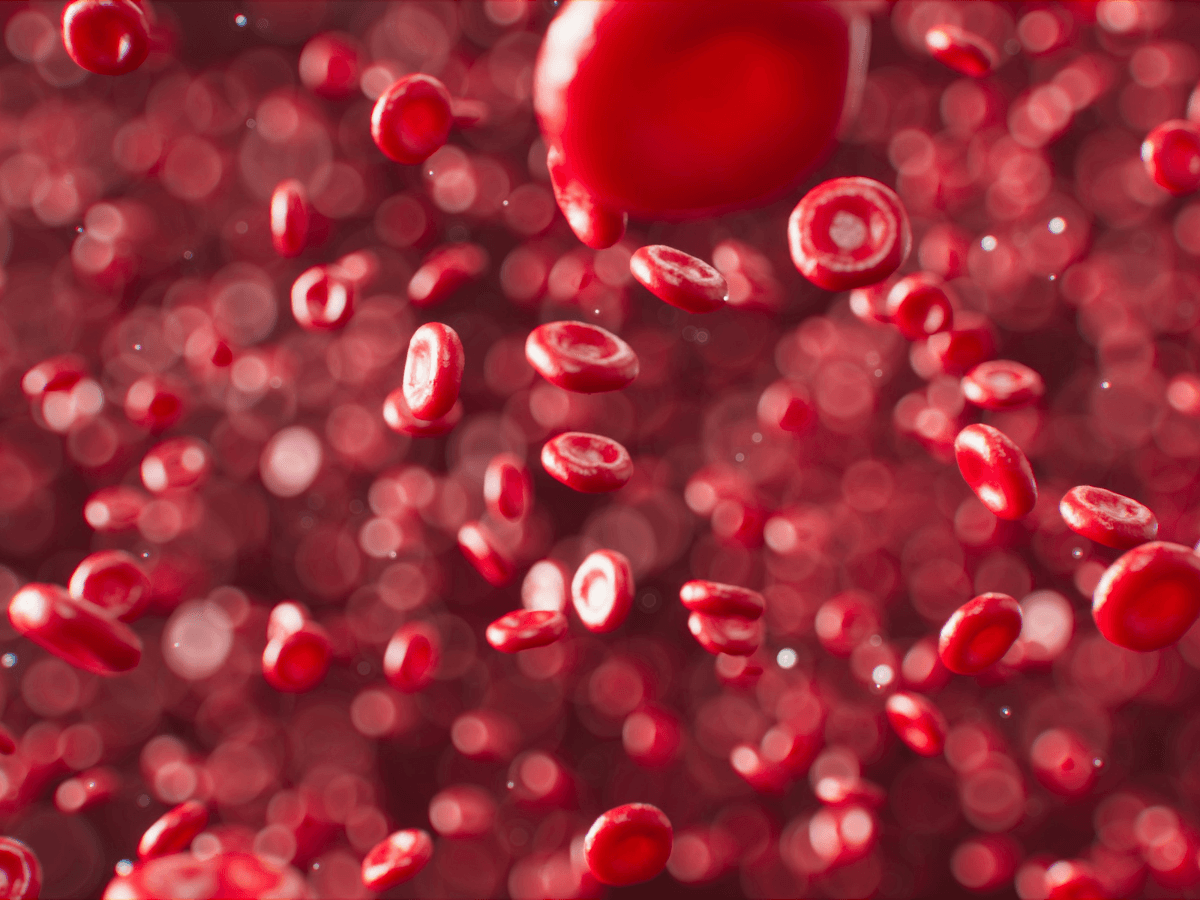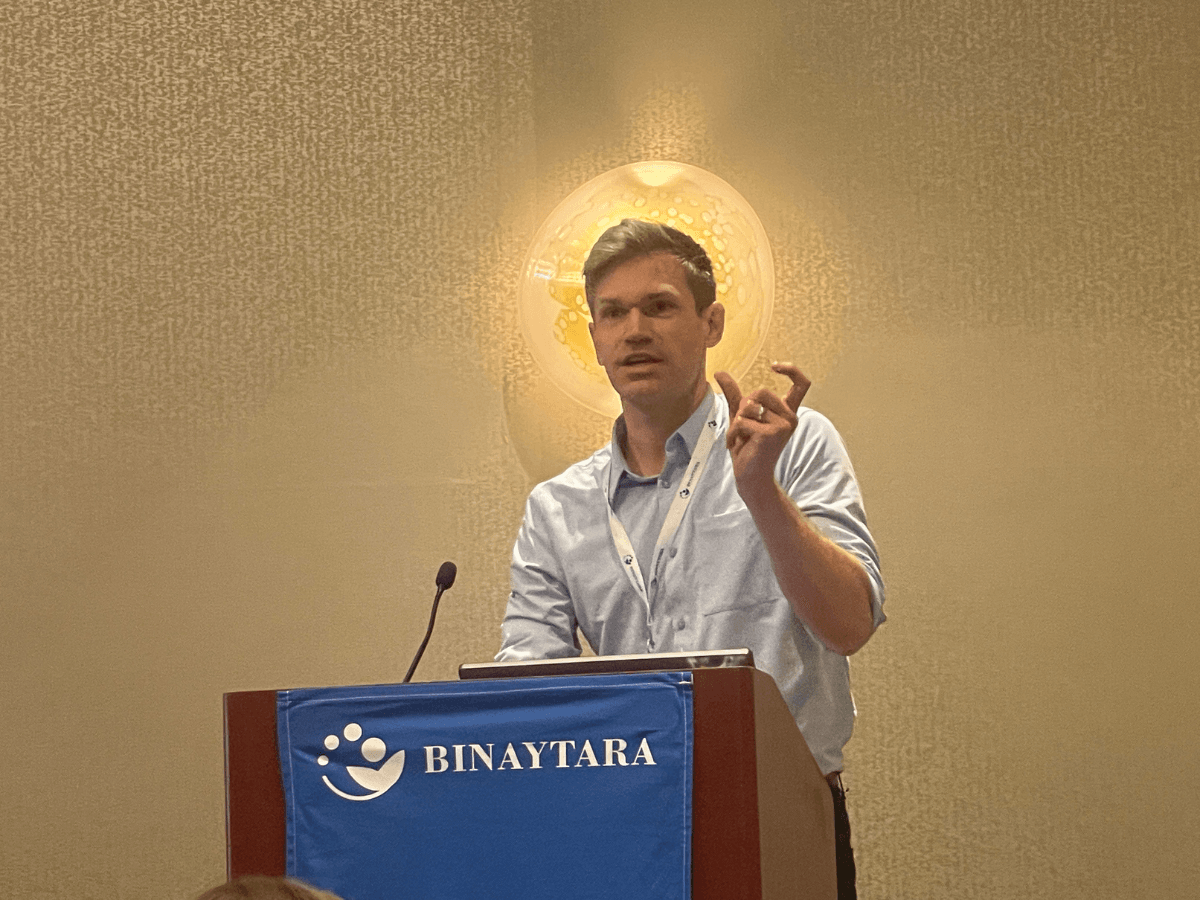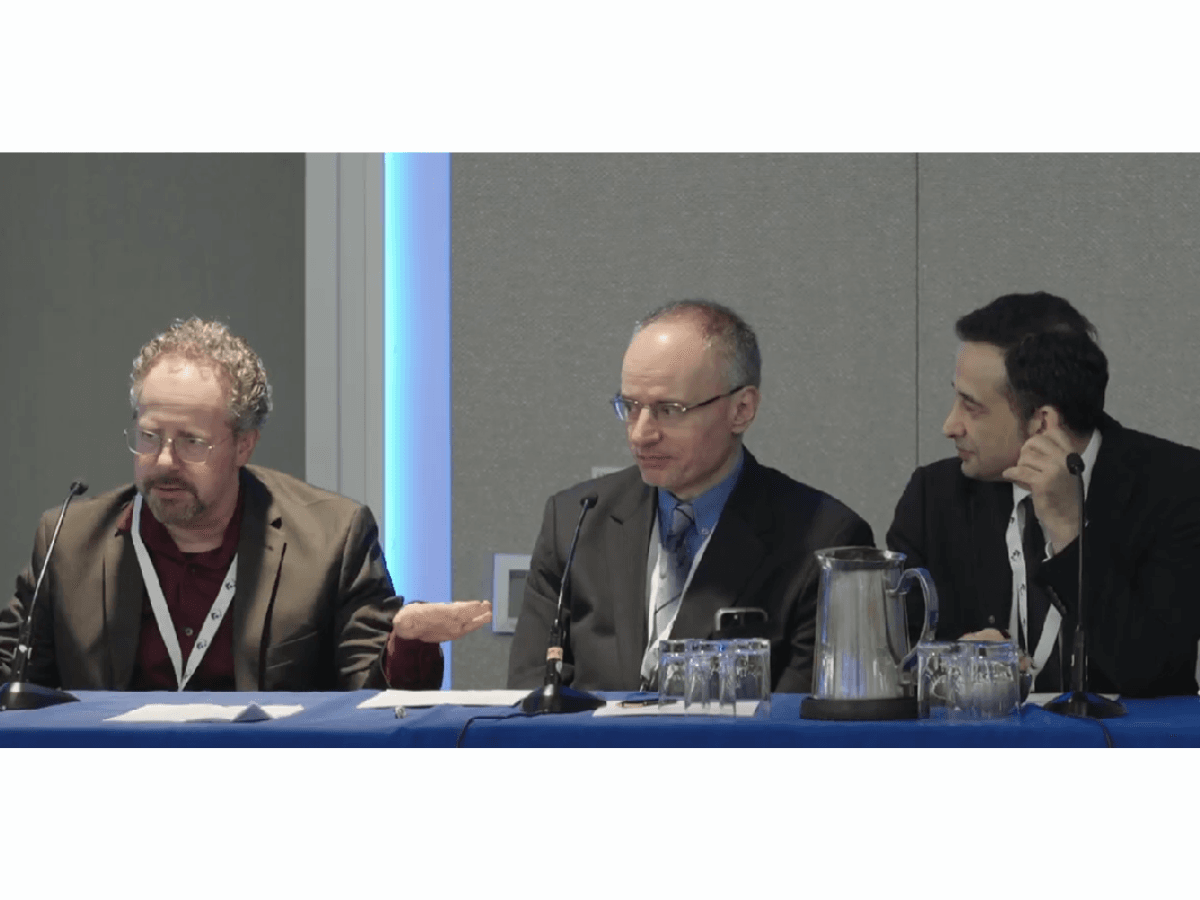
The Cancer News
AN AUTHORITATIVE RESOURCE FOR EVERYTHING ABOUT CANCER
Storytelling as Advocacy: A Breast Cancer Survivor’s Journey
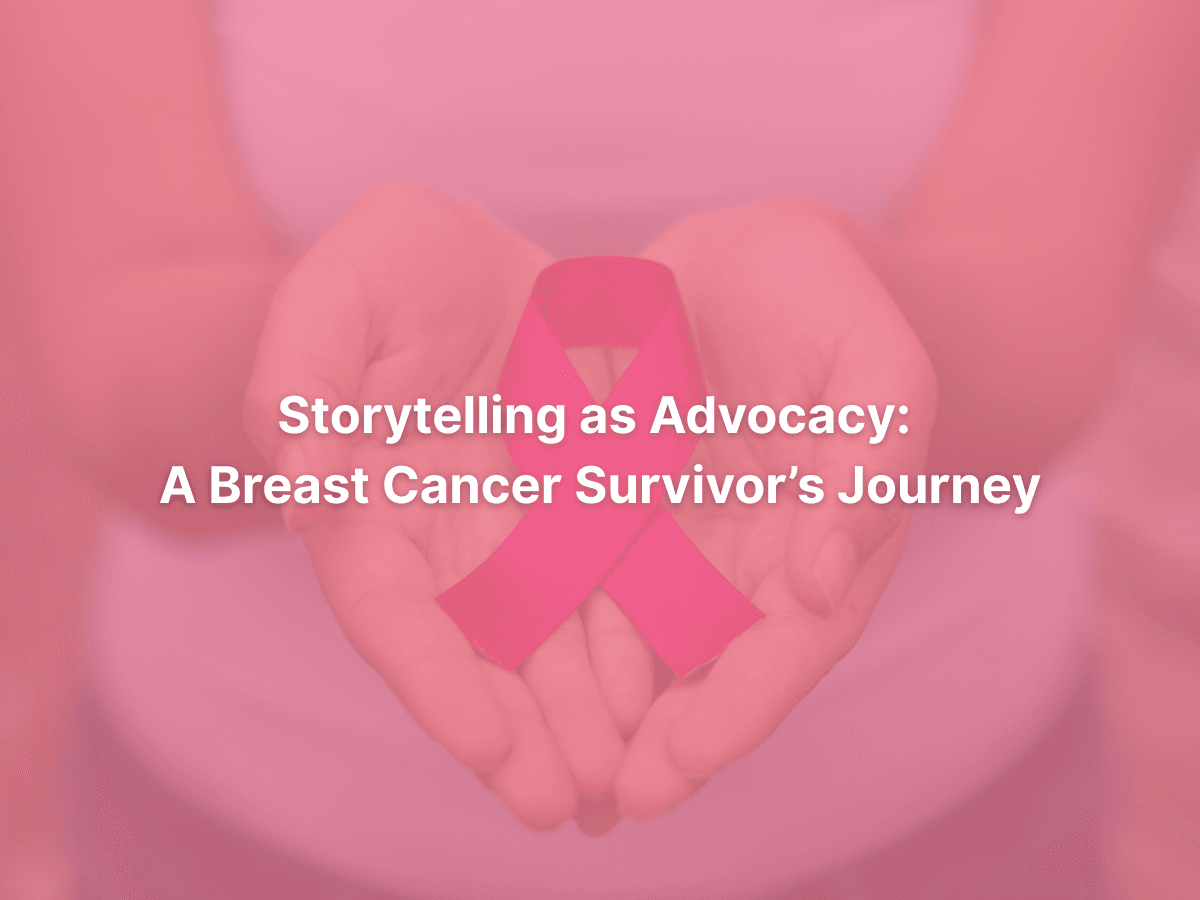
In a candid and heartfelt conversation, Nikki McCoy shares her profound journey through breast cancer, highlighting the unexpected challenges she faced even after undergoing a double mastectomy and reconstruction.
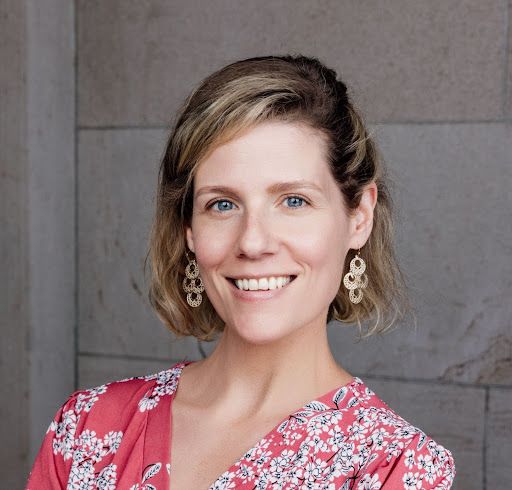 Nikky McCoy
Nikky McCoy
When Nikki McCoy made the difficult decision to undergo a preventive double mastectomy due to her BRCA1 gene mutation, she thought she had taken every possible step to protect herself from breast cancer. Eight months after her double mastectomy and reconstruction surgery in May 2021, while massaging her surgical scars, she discovered a lump in her armpit that would change everything.
“It was a gut punch when I found the lump. I had an intuition that it was a bad lump. And then going through the steps of the diagnosis process was surreal. It happens pretty fast, ”Nikki poignantly recalls the moment she discovered she had Stage 3 breast cancer. While the breast cancer diagnosis that followed was devastating, it launched her into a journey of advocacy that would help countless other patients navigate their own challenging decisions in cancer care.
Question | Binaytara: You use storytelling as part of your advocacy approach. Can you elaborate on that?
Answer | Nikki:
"So I felt comfortable using my social media sites to share stories of what I was going through. I wrote for a parenting magazine out of Seattle called Parent Map, and I wrote an essay, 9 Things Breast Cancer Taught Me about Raising Teenagers. And that actually won an award, which was pretty cool because I didn't even edit that one. That was just me putting words on a page, or getting my thoughts out. I've done guest blogging for other people who have foundations or websites. I contributed to Wildfire Magazine’s genetics/family issue. And then I participated in an anthology, not only telling stories, but also volunteering time to edit stories from women who have had breast cancer. It’s cliche, but if my story helps just one person …"
Question | Binaytara: What treatment approach did doctors take, given that you had already undergone a mastectomy?
Answer | Nikki:
"I had a lumpectomy, which did not affect my reconstruction. It was hardly noticeable. But I also had 11 lymph nodes removed. So surgery and then chemotherapy and then radiation. The radiation treatments were a little bit different because I'd already had reconstruction done. So they took a little bit more low and slow approach to preserve the tissue. And then I was put on a drug called Lynparza, which is a PARP inhibitor specific for the BRCA community. I took that as a preventative measure and then not related to the BRCA, but because I do have a high risk of recurrence... I also took two years of Verzenio, which I just finished in May 2025. I’m on hormone blockers for several more years. I just had a restaging scan that showed no evidence of disease. So that's pretty awesome."
Question | Binaytara: You mentioned your nurse navigator was really helpful early on. What did you appreciate about that person?
Answer | Nikki:
"I likened it to walking, stumbling down a dark hallway, and every few minutes, seeing a sliver of light through an open door or feeling a hand on my shoulder to turn me in the right direction. So that's one way I describe my nurse navigator. But she was there from the moment I had my ultrasound, my diagnostic ultrasound. She gave me her personal number. I never felt silly about asking her any question. I remember asking her if I could go in the hot tub. I was like, can I still use a hot tub? I had no idea what was okay or not okay to do with my body. I had lost all trust in my body and how to interact with it. That was so reassuring just to have someone who did know a cancer body and how to get through the first few before treatment begins."
Question | Binaytara: Can you talk about the previvor stage: learning about gene testing, getting tested, and your advice for people in that situation?
Answer | Nikki:
"Well, I think for previvors, I think it all comes down to knowing your family history. But I also think there's something where I would encourage people to take advantage of the genetic counseling and not just the genetic testing. They are typically coupled together, but I think in people's minds, they just think, Oh, I just need a test to know. But it's a lot more than that. They can help you understand all of your options for prevention. You don't have to be alone in starting to explore those. A genetic counselor can help you with that. They can help you understand what it means for your insurance purposes and for your family members if you need support, letting family members know, they can write letters on your behalf, and they can just support you well beyond the test."
Question | Binaytara: When you detected the lump, what were your first steps? Who did you call first from a medical standpoint?
Answer | Nikki:
"Because I had chosen to do physical therapy with a lymphatic specialist after my reconstruction surgery... I asked her what she thought of the lump. And she says, I'm not that kind of doctor, but I think you need to get in and see your high-risk nurse. And so she actually, on the back end of things, reached out as well to get it expedited. And my nurse didn't really believe me, didn't really believe that this was anything to be concerned about. And I had to kind of push her to get the testing, especially after I'd gotten the encouragement from my physical therapist."
Question | Binaytara: How did that experience affect your relationship with your care team?
Answer | Nikki:
"I felt like that person wasn't really on my side as on a care team. And I ended up moving into oncology anyway. But I may have considered a different doctor at that point because I didn't feel like my concerns were heard. So self-advocacy is very important if you don't feel like you are getting that shared decision-making or feeling heard. My oncologist, once I moved into their care, always encouraged me to get a second opinion if I would like. Every step of the way, every question that I had was like, we have partners at Swedish. They were vocal with me, like we are taking your case to the tumor board next Wednesday, and we are going to talk about it there. And so they were very transparent with how they connected with each other."
Question | Binaytara: If you could change one thing about how breast cancer is approached, what would it be?
Answer | Nikki:
"I think one big thing is just the survivorship care. I remember getting like a booklet at the end, and it's like, oh, you, here's your survivorship packet. And to me, I was like, oh, this is just kind of all of my data and reports compiled... And then it feels like the door shuts. I just wish there was more continued support in the survivorship. I feel like so many women just get released and they have pain and they don't know that they can continue to see a physical therapist or they need support in making the lifestyle changes necessary that so many women and people choose to make a priority after such a life-changing diagnosis."
Question | Binaytara: What resources exist that patients might not know about?
Answer | Nikki:
"So much of that is supplemented in the social media world. And there are tons of organizations that help fill that gap, like the YMCA’s free Livestrong program that I talked about. But you have to go find those things. Nobody's going to give them to you. And I just wish there was more that people could do to support at the end of treatment."
Question | Binaytara: What messages do you have for oncologists and other healthcare providers?
Answer | Nikki:
"Yeah. I feel like the doctors should trust their patients as much as they expect to be trusted. Also, I think a lot of patients get thrown like all of the resources all at once in the beginning... I think if there were like regular resource touch points throughout the patient experience would be very helpful because not everybody is ready for that information when they first get it, and they may not realize that it's even an option, even into survivorship."
Question | Binaytara: Can you share an example of how your advocacy has impacted others?
Answer | Nikki:
"Yeah, so one example I chose to put on a presentation for my workplace, and I had two women who came to me afterward, and one of them just told me how less alone she felt in the workplace knowing that there was someone else who had gone through a cancer experience. And then another person came to me. She reached out afterward and was like, I feel so much more prepared to have that self-advocacy lens when speaking with my care team because of your presentation. Like, it's scary to speak up, but I heard you, and the benefit of speaking up, and I felt more empowered to do that as I embark on this journey."
Question | Binaytara: Any final messages?
Answer | Nikki:
"I think to go back a little bit earlier with the BRCA stuff, I think I forgot to mention again that it can be from both sides of the family. The genetic mutation can be in men, too. It can happen to men and come from them. But yeah, other than that, I really appreciate you hearing me. It's an extension. We're doing the work together."
Nikki McCoy continues her advocacy work through speaking engagements, writing, and media platforms where she shares resources and support for breast cancer patients and previvors, as well as her creative storytelling. Her breast cancer story serves as a powerful reminder that patient advocacy takes many different forms. It is about one’s individual care just as much as it is about creating systemic change that benefits all patients navigating the complex world of cancer care.
